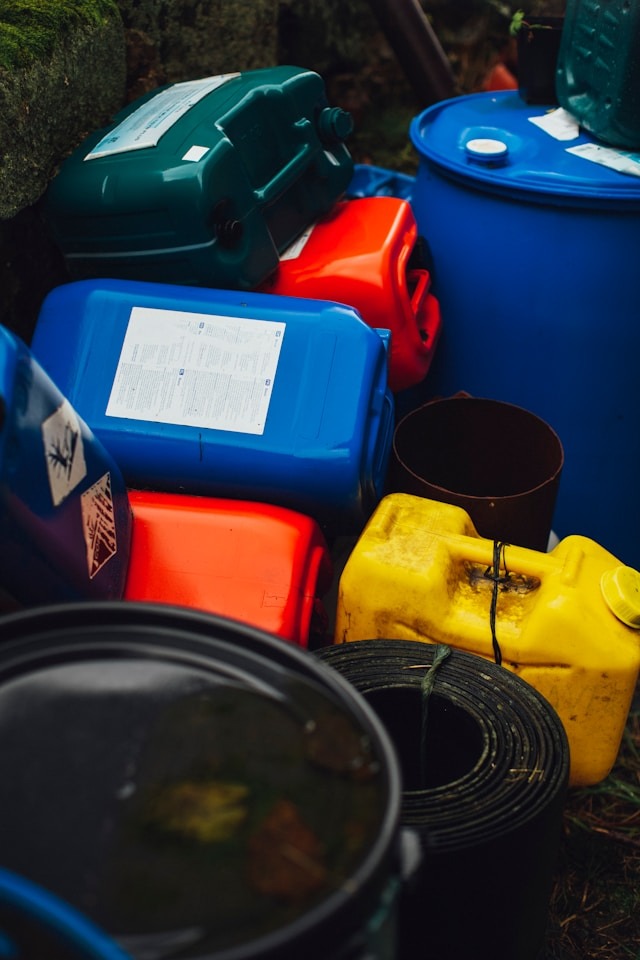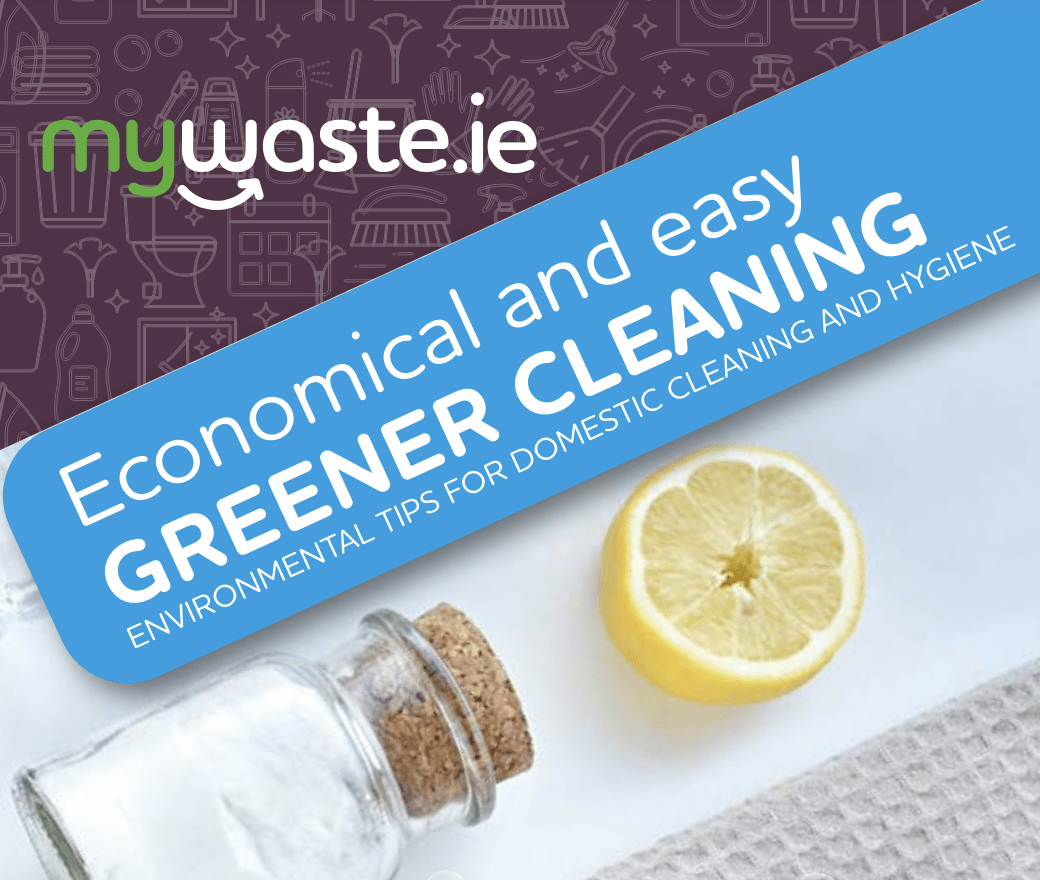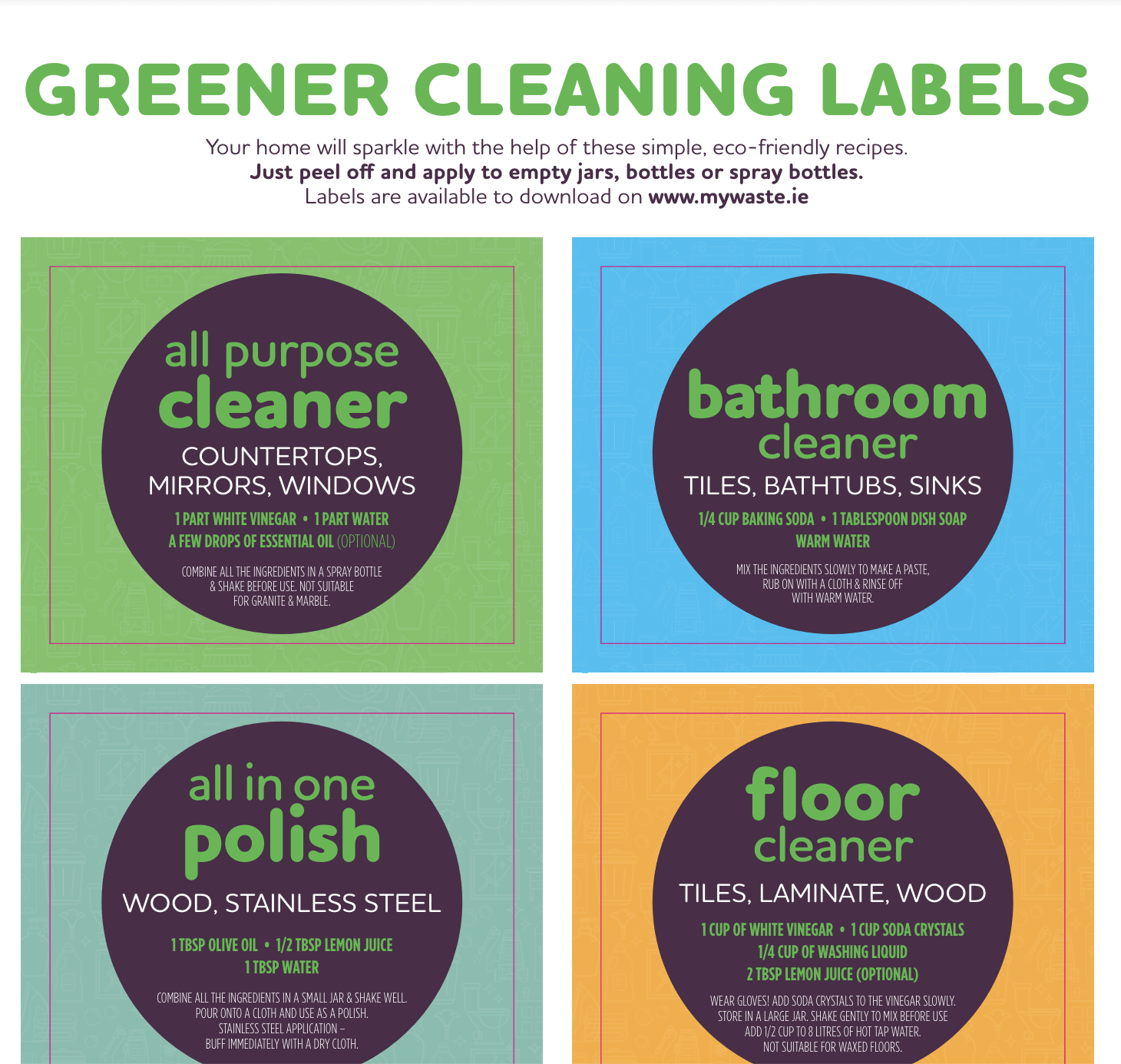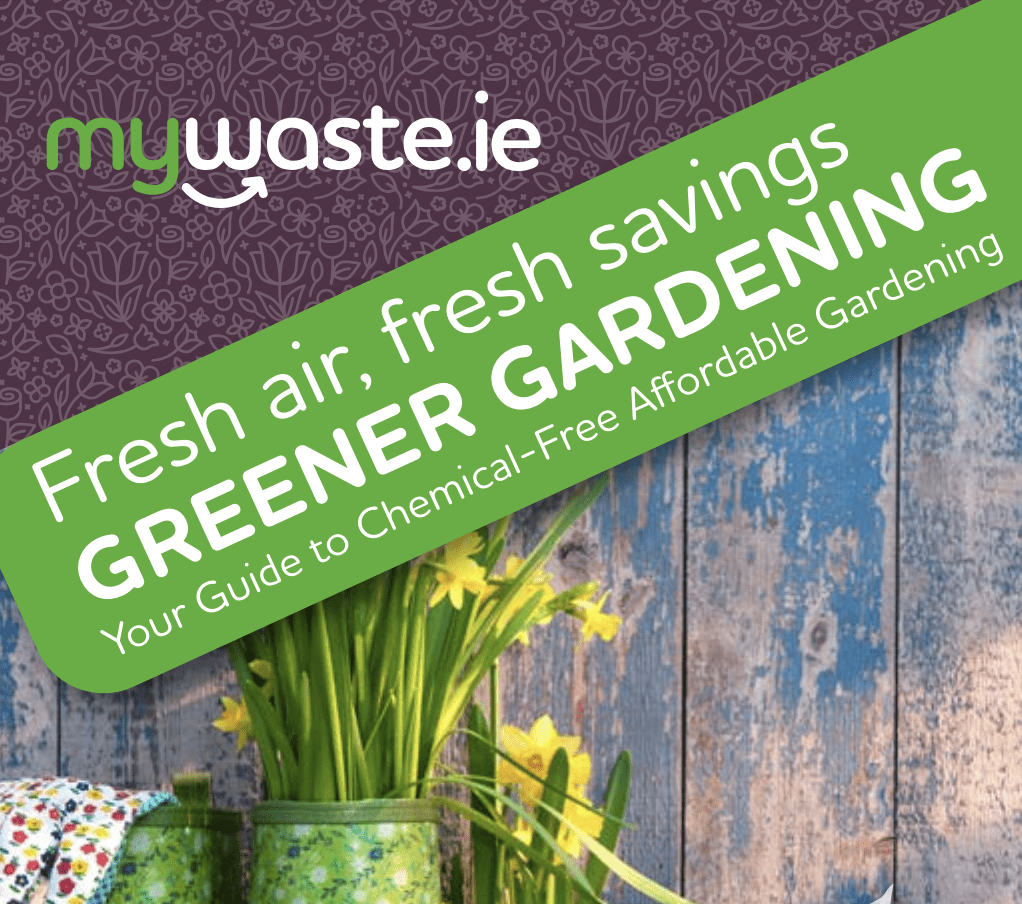With relatively little effort, it is easy to make positive changes and reduce and prevent the amount of hazardous waste – the chemicals and other substances that can be harmful to our health or hazardous to the environment – that we all create.
The first starting point is to become more aware of the chemicals you use – do you really need all these different products for everyday cleaning and gardening chores?
Do you know how to use products with hazardous components correctly?
Using the correct quantities of chemicals to do the job in hand is very important particularly when products are being diluted.
Disposing of hazardous waste
When disposing of unused hazardous materials be sure to do so responsibly.
Check with your local civic amenity site as most will be able to take them or else advice you what to do with particular items.
Cans or tubs containing leftover paint should be brought to a local Civic Amenity (CA) site that accepts paint. Some CA sites have partnered with a local social enterprise to recycle paint. You can find out more about this here: https://www.paintreuse.network.
A greener home
Now, more than ever, we are better informed about the impact our consumer choices have on the environment. Consumerism is a real environmental concern; natural resources are depleting rapidly, so we all need to embrace the circular economy. This means thinking before we buy and asking ourselves these questions:
- Do I really need this?
- Can I repair or upcycle what I have already?
- What will become of the item I am replacing?
- Can it be reused or recycled?
Decorating our homes falls into the category of consumerism. Let this guide inspire you to make greener choices about the products and services you buy and use. Greener Home Hints will give you tips and ideas on a greener way to improve and love your home.
Greener cleaning
Keeping our homes clean plays a big part in most people’s daily and weekly activities. Cleaning products also account for a significant portion of our monthly household budget. Across Europe, €50 billion per annum is spent on cleaning products and 50% of this spend is on laundry products.
Essentially, there are five ingredients that are recommended to be as effective as commercial products, are multi-functional and cheap in comparison to purchasing store bought solutions
- Baking Soda – also known asBread Soda or bicarbonate of soda
- Soda Crystals also known as Washing Soda
- White Vinegar
- Lemon Juice
- Salt
Chemical-free gardening
Biophilia, according to a theory of the biologist E. O. Wilson is an innate and genetically determined affinity of human beings with the natural world. Scientists have also found that getting your hands dirty in the garden is good for mental wellbeing. So if you are at your happiest pottering in the garden, please read this guide to help you make green choices that benefit the environment, as well as your mental health.
Many of us rely on pesticides to kill garden pests and insects, herbicides to keep weeds at bay but there are many natural options available.
Every garden is important
Ireland’s countryside is becoming more and more managed, more uniform, and perhaps even more sterile. As we develop more land for housing and infrastructure, and intensive agriculture has become the norm in recent decades, this results in nature being ‘squeezed out’. If we want to do something about this, we could decide to start to create change right outside our own doors. Private gardens represent a huge potential habitat and refuge for Ireland’s pressured wildlife.
There are over 2 million domestic gardens (or 359,000 acres) in this country. Just imagine the difference it could make if 2 million gardens became biodiversity friendly!
But we wouldn’t just be opening our gardens to nature for altruistic reasons. Gardening for Biodiversity also has advantages for human health and wellbeing. Research has shown that the more urbanised humans have become, the more we actually need exposure to nature.
It’s good for your brain!





